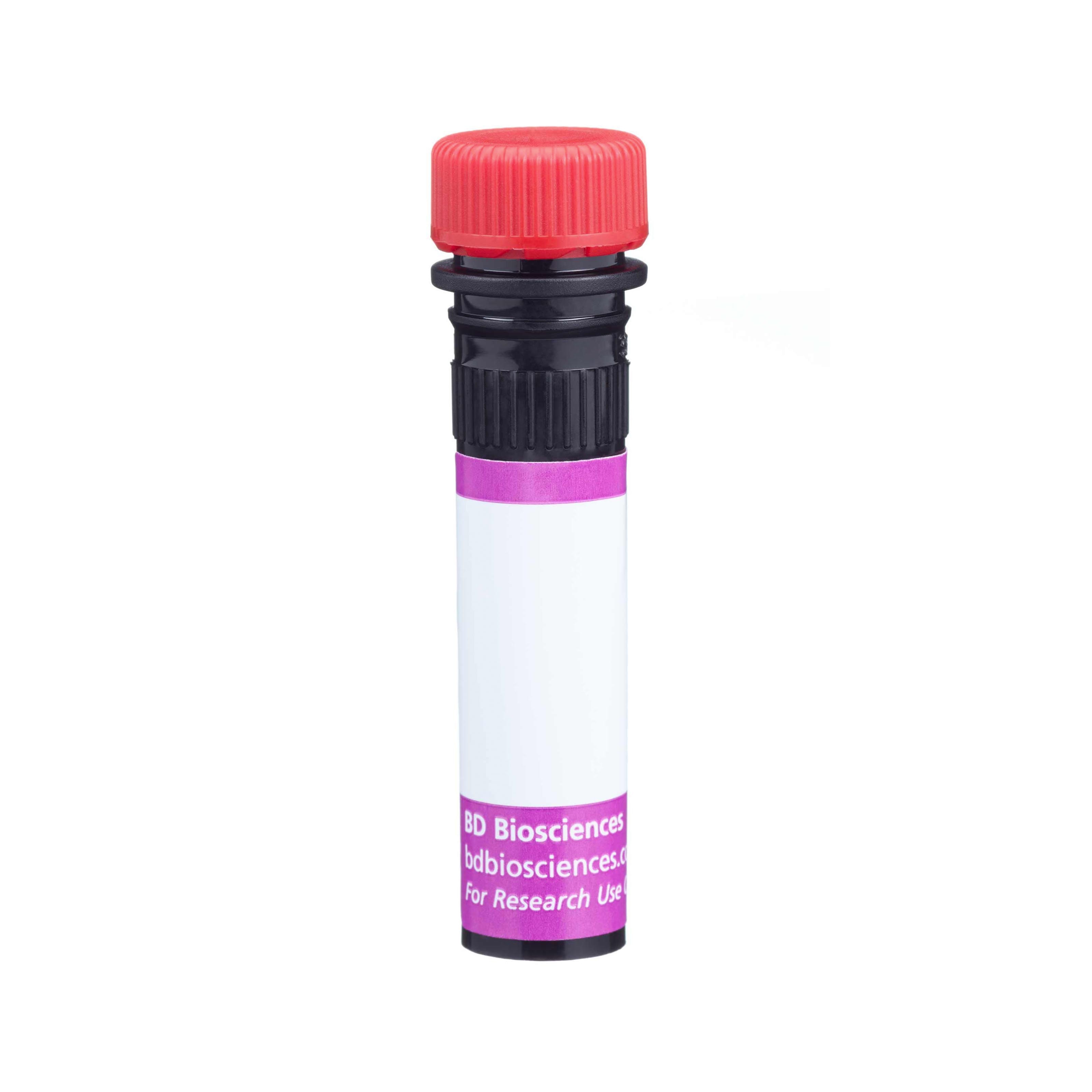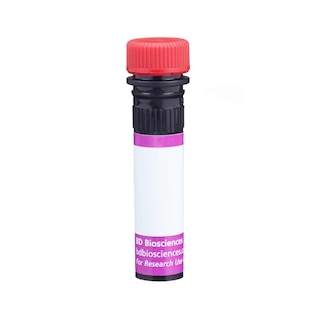-
Your selected country is
Middle East / Africa
- Change country/language
Old Browser
This page has been recently translated and is available in French now.
Looks like you're visiting us from {countryName}.
Would you like to stay on the current country site or be switched to your country?


Regulatory Status Legend
Any use of products other than the permitted use without the express written authorization of Becton, Dickinson and Company is strictly prohibited.
Preparation And Storage
Recommended Assay Procedures
For optimal and reproducible results, BD Horizon Brilliant Stain Buffer should be used anytime two or more BD Horizon Brilliant dyes (including BD OptiBuild Brilliant reagents) are used in the same experiment. Fluorescent dye interactions may cause staining artifacts which may affect data interpretation. The BD Horizon Brilliant Stain Buffer was designed to minimize these interactions. More information can be found in the Technical Data Sheet of the BD Horizon Brilliant Stain Buffer (Cat. No. 563794).
Product Notices
- This antibody was developed for use in flow cytometry.
- The production process underwent stringent testing and validation to assure that it generates a high-quality conjugate with consistent performance and specific binding activity. However, verification testing has not been performed on all conjugate lots.
- Researchers should determine the optimal concentration of this reagent for their individual applications.
- An isotype control should be used at the same concentration as the antibody of interest.
- Caution: Sodium azide yields highly toxic hydrazoic acid under acidic conditions. Dilute azide compounds in running water before discarding to avoid accumulation of potentially explosive deposits in plumbing.
- For fluorochrome spectra and suitable instrument settings, please refer to our Multicolor Flow Cytometry web page at www.bdbiosciences.com/colors.
- Please refer to www.bdbiosciences.com/us/s/resources for technical protocols.
- BD Horizon Brilliant Stain Buffer is covered by one or more of the following US patents: 8,110,673; 8,158,444; 8,575,303; 8,354,239.
- BD Horizon Brilliant Violet 711 is covered by one or more of the following US patents: 8,110,673; 8,158,444; 8,227,187; 8,455,613; 8,575,303; 8,354,239.
- Cy is a trademark of Amersham Biosciences Limited.
- Alexa Fluor® is a registered trademark of Life Technologies Corporation.
Companion Products






The 7E.17G9 monoclonal antibody specifically binds to CD278, the Inducible Costimulatory molecule (ICOS), a 47-57 kDa homodimeric glycoprotein of the CD28 family of costimulatory molecules. ICOS is expressed on subpopulations of CD4-CD8- and CD4+CD8- (but not CD4-CD8+ or CD4+CD8+) thymocytes, on some T-cell lines, and on small numbers of peripheral leukocytes. It is upregulated on T lymphocytes following activation via the T-cell receptor. The T-cell activation marker H4 is the same molecule as ICOS. ICOS is a costimulatory receptor, and its ligand on antigen-presenting cells has been called B7RP-1, GL50, B7h, B7-H2, or LICOS. There is considerable evidence that the interaction of ICOS with its ligand is involved in the regulation of many, but not all, T-cell-mediated immune responses.
The antibody was conjugated to BD Horizon™ BV711 which is part of the BD Horizon Brilliant™ Violet family of dyes. This dye is a tandem fluorochrome of BD Horizon BV421 with an Ex Max of 405-nm and an acceptor dye with an Em Max at 711-nm. BD Horizon BV711 can be excited by the violet laser and detected in a filter used to detect Cy™5.5 / Alexa Fluor® 700-like dyes (eg, 712/20-nm filter). Due to the excitation and emission characteristics of the acceptor dye, there may be moderate spillover into the Alexa Fluor® 700 and PerCP-Cy5.5 detectors. However, the spillover can be corrected through compensation as with any other dye combination.

Development References (8)
-
Buonfiglio D, Bragardo M, Redoglia V, et al. The T cell activation molecule H4 and the CD28-like molecule ICOS are identical. Eur J Immunol. 2000; 30(12):3463-3467. (Biology). View Reference
-
Chambers CA. The expanding world of co-stimulation: the two-signal model revisited. Trends Immunol. 2001; 22(4):217-223. (Biology). View Reference
-
Dong C, Temann UA, Flavell RA. Cutting edge: critical role of inducible costimulator in germinal center reactions. J Immunol. 2001; 166(6):3659-3662. (Biology). View Reference
-
Mages HW, Hutloff A, Heuck C, et al. Molecular cloning and characterization of murine ICOS and identification of B7h as ICOS ligand. Eur J Immunol. 2000; 30(4):1040-1047. (Biology). View Reference
-
McAdam AJ, Chang TT, Lumelsky AE, et al. Mouse inducible costimulatory molecule (ICOS) expression is enhanced by CD28 costimulation and regulates differentiation of CD4+ T cells.. J Immunol. 2000; 165(9):5035-40. (Immunogen: ELISA, Flow cytometry). View Reference
-
Schwartz RH. Immunology. It takes more than two to tango. Nature. 2001; 409(6816):31-32. (Biology). View Reference
-
Sperling AI, Bluestone JA. ICOS costimulation: It's not just for TH2 cells anymore. Nat Immunol. 2001; 2(7):573-574. (Biology). View Reference
-
Wallin JJ, Liang L, Bakardjiev A, Sha WC. Enhancement of CD8+ T cell responses by ICOS/B7h costimulation. J Immunol. 2001; 167(1):132-139. (Biology). View Reference
Please refer to Support Documents for Quality Certificates
Global - Refer to manufacturer's instructions for use and related User Manuals and Technical data sheets before using this products as described
Comparisons, where applicable, are made against older BD Technology, manual methods or are general performance claims. Comparisons are not made against non-BD technologies, unless otherwise noted.
For Research Use Only. Not for use in diagnostic or therapeutic procedures.
Report a Site Issue
This form is intended to help us improve our website experience. For other support, please visit our Contact Us page.